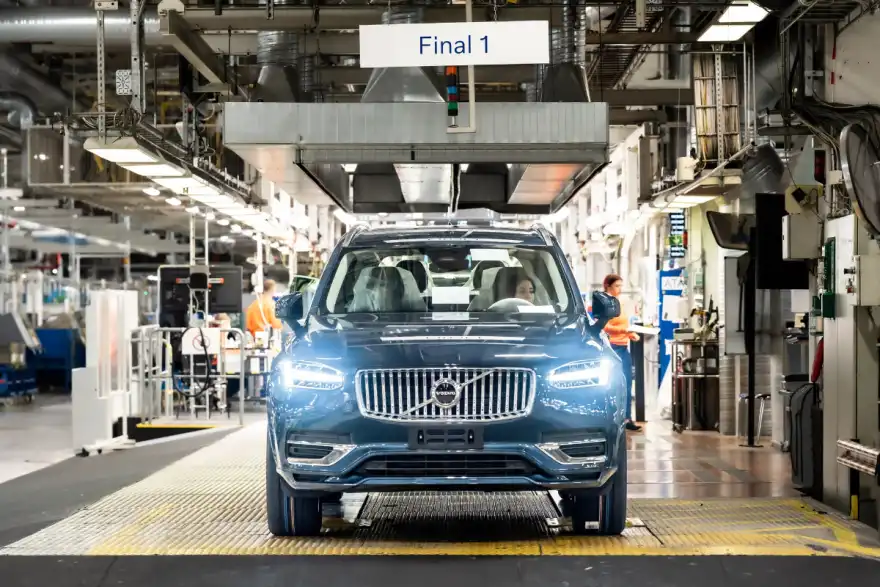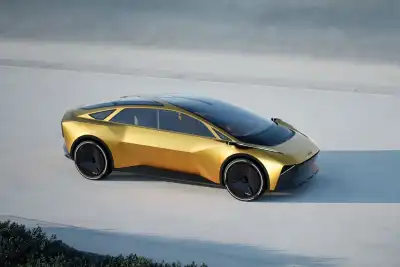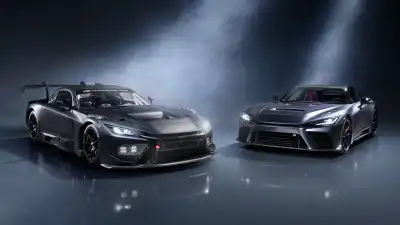
In a symbolic move marking a significant shift in the automotive industry, Volvo Cars has bid adieu to diesel engines.
With the production of its last diesel-powered vehicles, Volvo stands at the threshold of a fully electric future, aligning with its commitment to environmental sustainability and technological advancement.
The announcement, originally made at Climate Week NYC in September, has now materialised into reality. The Ghent, Belgium plant saw its final diesel car, a V60, roll off the assembly line on a cloudy Thursday in early February. Similarly, the Torslanda, Sweden plant recently witnessed the departure of its last XC90 diesel variant, signifying the end of an era for Volvo Cars.
For Volvo, a company with a rich 97-year history, this moment holds profound significance. Diesel engines were once synonymous with reliability and efficiency, playing a pivotal role in the brand's evolution into a premium automotive manufacturer.
However, with the rapid evolution of the electric revolution, Volvo has recognised the need to adapt and embrace cleaner, more sustainable technologies.
The decision to phase out diesel engines is not merely a response to market trends but a proactive step towards achieving ambitious environmental goals. Volvo aims to become a fully electric carmaker and achieve net-zero greenhouse gas emissions by 2040.
This strategic transition reflects a broader industry shift driven by tightening regulations on tailpipe emissions and growing consumer demand for eco-friendly transportation solutions.
The statistics speak volumes about Volvo's commitment to electrification. In recent years, the company has witnessed a remarkable surge in the sales of fully electric vehicles, with a 70% increase in Europe alone. Globally, Volvo's electric market share has risen by 34%, underscoring the momentum behind the electric vehicle movement.
While the future is undoubtedly electric for Volvo, the company acknowledges the importance of a transitional period. Volvo's portfolio includes a range of plug-in hybrid and mild-hybrid models, serving as a bridge towards a fully electric future. These models offer customers a blend of efficiency and performance while aligning with Volvo's sustainability objectives.
As Volvo bids farewell to diesel, it marks the end of an era and the beginning of a new chapter in the company's storied history. With a steadfast focus on electrification and sustainability, Volvo Cars is poised to lead the charge towards a greener, more sustainable future for the automotive industry.


